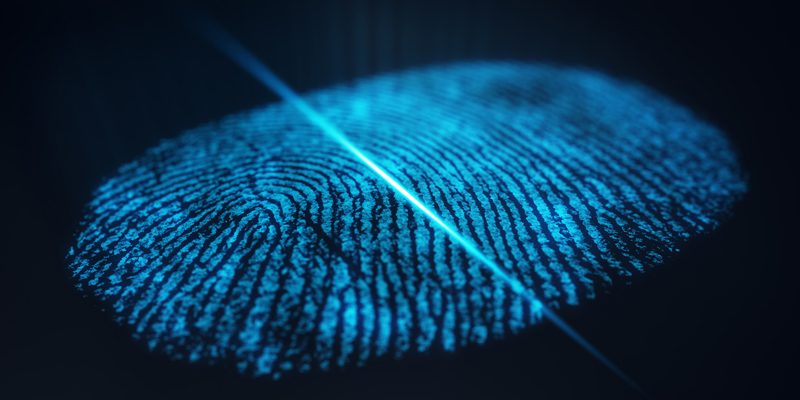Different from a password or an identity card, any gathered biometric data, like fingerprints or iris scans, is an awful lot tougher to forge, making it a dependable manner to definitely become aware of individuals
To avoid situations in which biometric data may be disclosed or compromised, close cooperation should be established between the government, the private sector, and civil society. By developing digital identity ecosystems, nations face new cybersecurity challenges to continually ensure the confidentiality, integrity, and availability of data. Here, different actors bring different perspectives that must be taken into account and evaluated to avoid possible harm from misuse, exploitation or hacking of the system. Managing cyber risk is already a significant challenge for executives in the public and private sectors. The risks associated with cyber threats are often opaque and it is difficult to balance the correct types and levels of cybersecurity investments. World leaders must be aware of the potential harm from the misuse or exploitation of technology and ensure that steps are taken to use these technologies for good and involve diverse voices in their development.
To support these military objectives, the Ministry of Defense has set itself the goal over the years of creating a biometric database of 80% of the Afghan population, about 32 million people for the current population. It is unclear how close the military came to this goal. In addition to the use of biometric data by the US and Afghan military for security purposes, the Defense Department and the Afghan government eventually adopted the technologies for a number of daily government applications. This included evidence of criminal prosecution, employment authorization and vote security for Afghan workers.
In addition, the Afghan National ID device and voter registration databases contained touchy data, inclusive of ethnicity data. The Afghan ID, the e-Tazkira, is an digital identity record that consists of biometric data, which will increase the privateness dangers posed through Taliban get entry to to the National ID device.





























